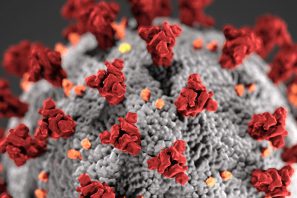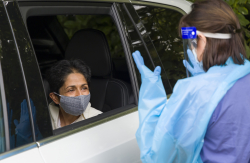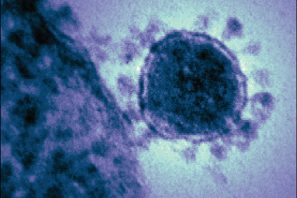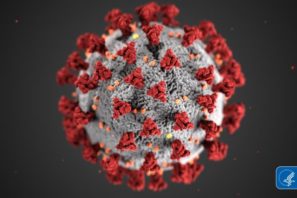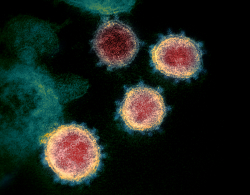The trial is part of the national HERO Registry centered on COVID-19 investigations.
Infectious disease modeler and biostatistician Ira Longini is applying decades of experience to help design and analyze clinical trials to identify a safe and effective COVID-19 vaccine.
Center for Arts, Migration, and Entrepreneurship affiliate faculty developed the Virtual Creative Arts Academy.
Universities and health care entities in Florida are providing outreach & engagement to minority communities affected by COVID-19.
Superfast, portable COVID-19 testing method detects the virus much faster than currently available methods.
UF researcher leads study to understand why more men die from COVID-19 than women.
As laborers return to the fields this fall in Florida, both unauthorized workers and those authorized to plant and pick crops through a guest worker visa are vulnerable to the coronavirus.
UF researchers ask how knowledge, attitudes and behaviors regarding the COVID-19 pandemic may affect infection rates, and the mental health, of children and their parents.
A UF virologist assisted a team of medical researchers at the Icahn School of Medicine at Mount Sinai in New York City with interpreting microscopic images of tissue samples from COVID-19 victims.
UF investigators participate in the first study to determine that the CoronaVac vaccine is 50% effective at preventing COVID-19 in Manaus, Brazil where the P.1 variant is widespread.
Patients with a vitamin D deficiency were four times more likely to be COVID-19 positive than those with a sufficient amount of the crucial vitamin.
Innovative coronavirus research underway at UF Health Jacksonville.

